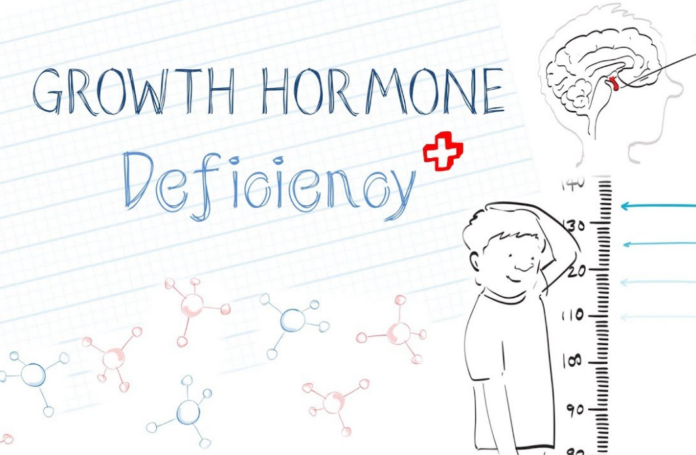Intermittent fasting (IF) has gained immense popularity in recent years, and for good reason. This eating pattern, which involves cycling between periods of eating and fasting, offers a wide range of health benefits beyond just weight loss. From improving metabolic health to enhancing brain function, intermittent fasting can be a game-changer for your overall well-being. In this article, Dr. Zaar explores the science-backed benefits of intermittent fasting and how you can incorporate it into your lifestyle safely and effectively.
What is Intermittent Fasting?
Intermittent fasting is not a diet but rather an eating pattern. It focuses on when you eat rather than what you eat. Common methods include:
- 16:8 Method: Fast for 16 hours and eat during an 8-hour window.
- 5:2 Method: Eat normally for 5 days and restrict calories to 500-600 on 2 non-consecutive days.
- Eat-Stop-Eat: Fast for 24 hours once or twice a week.
These methods are flexible and can be tailored to fit your lifestyle. Now, let’s dive into the incredible benefits of intermittent fasting.
Top Benefits of Intermittent Fasting
1. Promotes Weight Loss and Fat Burning
One of the most well-known benefits of intermittent fasting is its ability to aid weight loss. Here’s how it works:
- Reduces Calorie Intake: By limiting your eating window, you naturally consume fewer calories.
- Boosts Metabolism: Fasting increases norepinephrine levels, which helps break down fat for energy.
- Enhances Hormone Function: Fasting improves insulin sensitivity and increases human growth hormone (HGH) levels, both of which support fat loss.
Studies show that intermittent fasting can lead to a 3-8% reduction in body weight over 3-24 weeks, making it an effective tool for weight management.
2. Improves Insulin Sensitivity and Reduces Blood Sugar Levels
Intermittent fasting can significantly improve insulin sensitivity, which is crucial for preventing type 2 diabetes. During fasting periods, your body uses stored glucose for energy, lowering blood sugar levels. This can reduce the risk of insulin resistance and improve overall metabolic health.
3. Supports Heart Health
Heart disease is a leading cause of death worldwide, and intermittent fasting can help reduce several risk factors:
- Lowers LDL cholesterol and triglycerides.
- Reduces blood pressure.
- Decreases inflammation, a key contributor to heart disease.
By improving these markers, intermittent fasting supports a healthier cardiovascular system.
4. Enhances Brain Function
Fasting has been shown to boost brain health in several ways:
- Increases BDNF Levels: Fasting raises brain-derived neurotrophic factor (BDNF), a protein that supports brain cell growth and function.
- Reduces Oxidative Stress: Fasting decreases inflammation and oxidative damage, which are linked to neurodegenerative diseases like Alzheimer’s.
- Improves Mental Clarity: Many people report better focus and concentration during fasting periods.
5. Promotes Cellular Repair and Longevity
During fasting, your body initiates a process called autophagy, where cells remove damaged components and recycle them for energy. This cellular repair process can:
- Slow down aging.
- Reduce the risk of chronic diseases.
- Improve overall cellular function.
Animal studies suggest that intermittent fasting may extend lifespan, though more research is needed in humans.
6. Reduces Inflammation
Chronic inflammation is linked to numerous health issues, including arthritis, heart disease, and cancer. Intermittent fasting has been shown to reduce inflammatory markers like C-reactive protein (CRP), promoting better overall health.
7. Supports Digestive Health
Giving your digestive system a break during fasting periods can improve gut health. It allows your body to focus on repair and maintenance, reducing issues like bloating and indigestion.
8. Simplifies Your Lifestyle
Intermittent fasting can make your life easier by:
- Reducing the need for frequent meal prep.
- Helping you develop a healthier relationship with food.
- Encouraging mindful eating habits.
How to Get Started with Intermittent Fasting
If you’re new to intermittent fasting, here are some tips to help you get started:
1. Choose the Right Method
Start with a beginner-friendly method like the 16:8 approach. Gradually increase fasting periods as your body adapts.
2. Stay Hydrated
Drink plenty of water, herbal teas, and black coffee during fasting periods to stay hydrated and curb hunger.
3. Eat Nutrient-Dense Foods
Focus on whole, unprocessed foods during your eating window to maximize the benefits of fasting.
4. Listen to Your Body
If you feel dizzy, fatigued, or unwell, break your fast and consult a healthcare professional.
5. Be Consistent
Consistency is key to seeing results. Stick to your fasting schedule and make adjustments as needed.
Common Myths About Intermittent Fasting
Let’s debunk some common misconceptions:
1. Myth: Fasting Slows Down Your Metabolism
Short-term fasting can actually boost metabolism by increasing norepinephrine levels. However, prolonged fasting (over 48 hours) may slow it down.
2. Myth: You’ll Lose Muscle Mass
Intermittent fasting preserves muscle mass better than traditional calorie-restriction diets, especially when combined with strength training.
3. Myth: Fasting is Unsafe
Intermittent fasting is safe for most people. However, it may not be suitable for pregnant women, individuals with eating disorders, or those with certain medical conditions.
Who Should Avoid Intermittent Fasting?
While intermittent fasting is beneficial for many, it’s not suitable for everyone. Avoid fasting if you:
- Are pregnant or breastfeeding.
- Have a history of eating disorders.
- Have diabetes or low blood sugar levels.
- Are underweight or malnourished.
Always consult your doctor before starting any new eating pattern.
Conclusion
Intermittent fasting is a powerful tool for improving your health and well-being. From weight loss and better metabolism to enhanced brain function and reduced inflammation, the benefits are backed by science. By choosing the right fasting method and staying consistent, you can unlock a healthier, more vibrant version of yourself.
Dr. Zaar is a leading health and wellness expert with over 15 years of experience in nutrition, fitness, and lifestyle medicine. Follow her for more tips on achieving your health goals.
If you learn more about Intermittent Fasting, Please visit the drzaar.com


